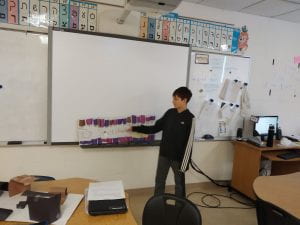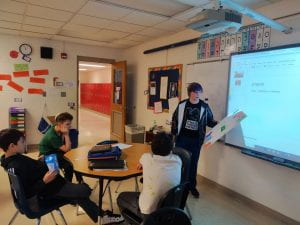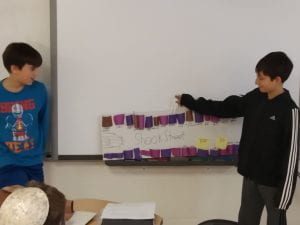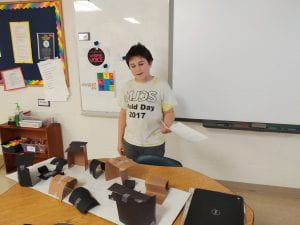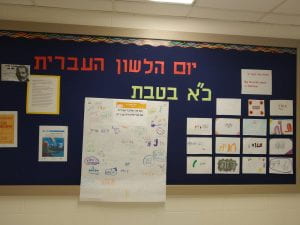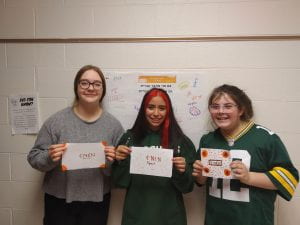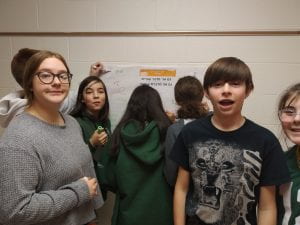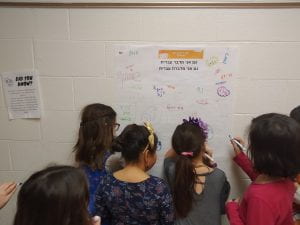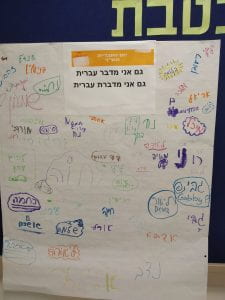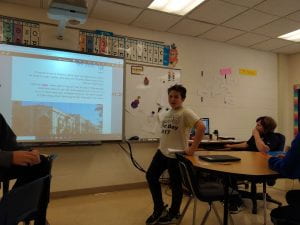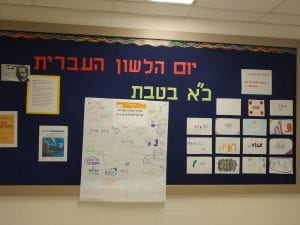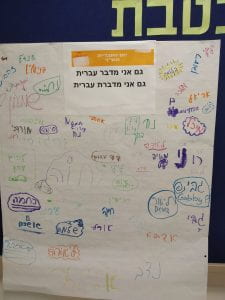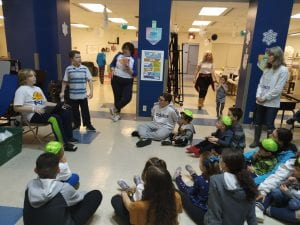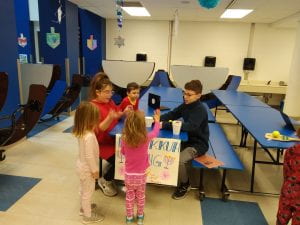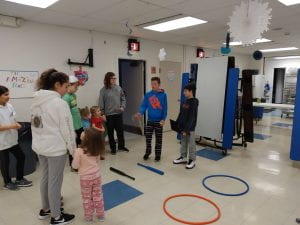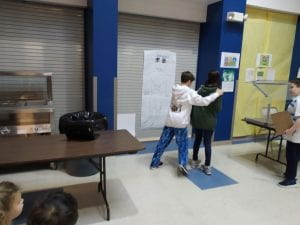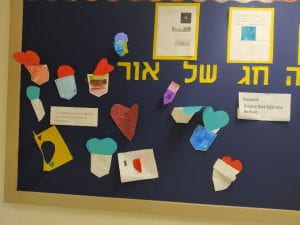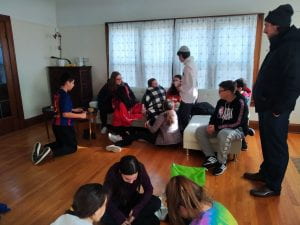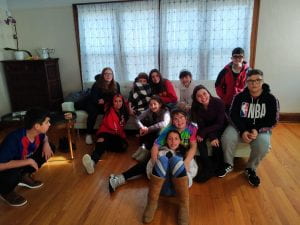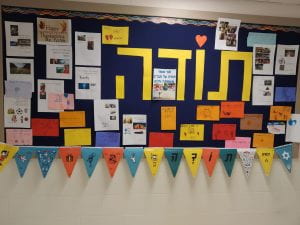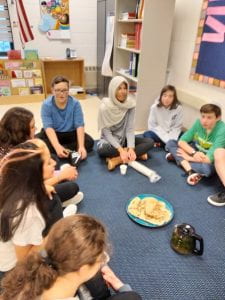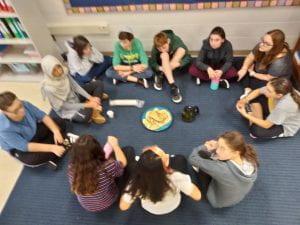In 6th grade we had a unit about Jerusalem. We learned that Jerusalem is the religious and historical epicenter of the world since it is holy to Jews, Muslims, and Christians – over one-third of all the people on earth. Jerusalem is as unique as she is special. Beyond her religious and historic significance, Jerusalem is the capital of modern-day Israel and an advanced, dynamic city.
After reading informative texts, practicing dialogues, “visiting” the market and learning the vocabulary, the students designed a street in Jerusalem and presented it in class. It had to combine historic and modern aspects of Jerusalem.
They students worked hard, showed creativity and could express themselves in Hebrew.
Gev. Ishak

